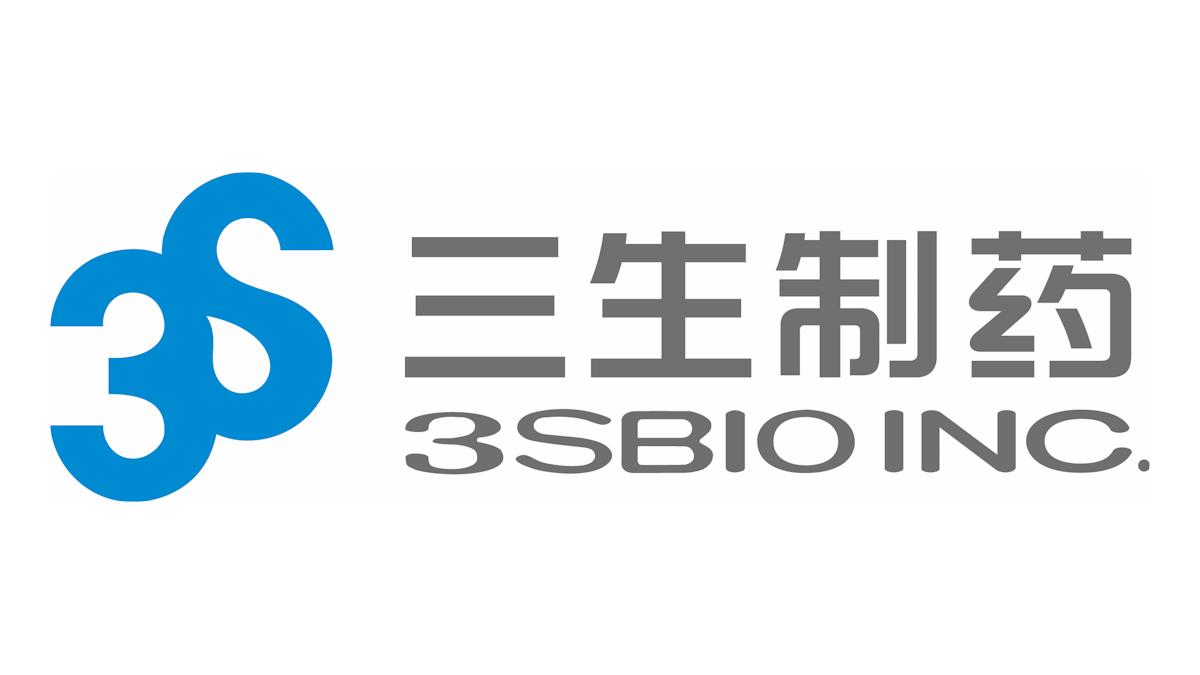Pfizer snaps up PD-1/VEGF drug from China's 3SBio

Pfizer has joined the ranks of companies developing cancer drugs that target both PD-1 and VEGF – one of the hottest drug classes in oncology, via a $6 billion licensing deal with China's 3SBio.
The sizeable deal – which includes an upfront payment of $1.2 billion and a $100 million equity stake in the Shenyang-based biotech – focuses on SSGJ-707, a VEGFxPD-1 bispecific that is in clinical testing in China for non-small cell lung cancer (NSCLC), metastatic colorectal cancer, and gynaecological tumours with a phase 3 programme due to start later this year.
VEGF and PD-1 targeting drugs from the likes of Summit Therapeutics/Akeso and Biotheus (now part of BioNTech) have been generating a lot of attention in the last few months, after data suggested they could be more effective than MSD's $25 billion-a-year PD-1 inhibitor Keytruda (pembrolizumab) in lung cancer.
Fearful of being left behind, MSD (known as Merck & Co in the US and Canada) penned its own near-$3.3 billion deal last year to get rights to LaNova Medicines' LM-299, an anti-VEGF antibody joined to the functional parts of a pair of anti-PD-1 antibodies in early clinical development.
Other candidates are also coming through development, including Ottimo Pharma's bifunctional antibody directed at PD-1 and VEGFR2, jankistomig, and OncoC4's PD-1xVEGF bispecific AI-08, which are also in the early stages of human testing.
Pfizer has an opportunity to leapfrog MSD in what is becoming known as the "Keytruda killer" category with the new deal, which it expects to close in the third quarter of this year.
At the moment, Summit and Akeso's ivonescimab is out in front, having already generated phase 3 results in NSCLC showing superior results compared to Keytruda and BeOne/BeiGene's rival PD-1 inhibitor tislelizumab, although a failure to achieve a significant improvement over Keytruda in overall survival has dulled some of the excitement with the drug.
Biotheus/BioNTech's PM8002/BNT327, meanwhile, is in mid-stage testing with "multiple" pivotal trials planned or on the go.
Shares in Hong Kong-listed 3SBio rose by around 50% after the deal was announced this morning, with Reuters reporting that the company's valuation had reached $6 billion, in yet another signal of China's role as an emerging source of biopharma R&D innovation. A Bloomberg report indicated that the upfront payment is a record for Chinese biotech.












